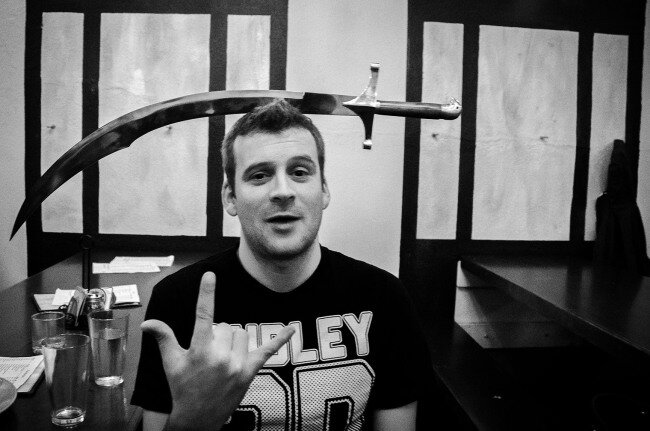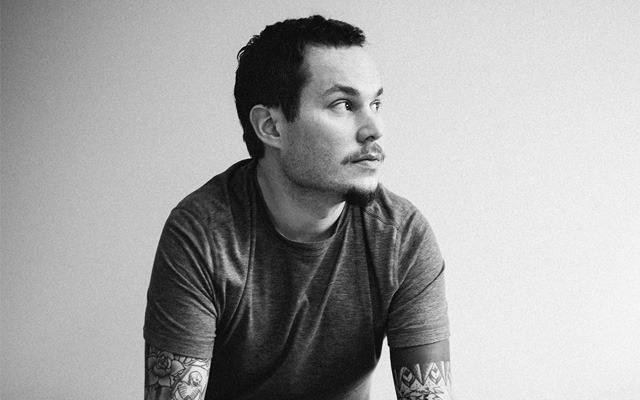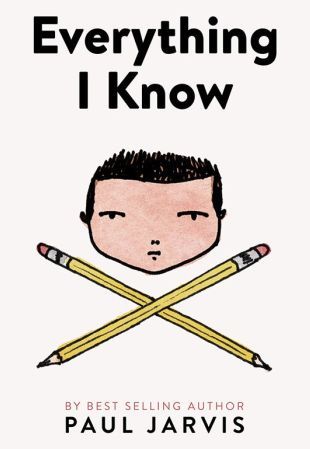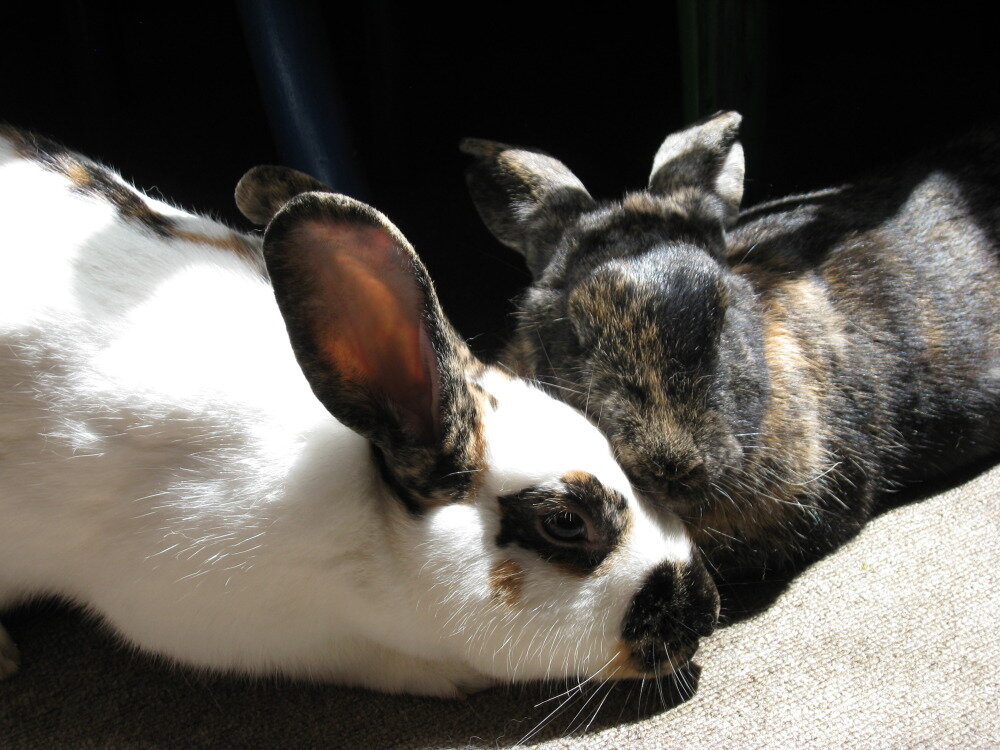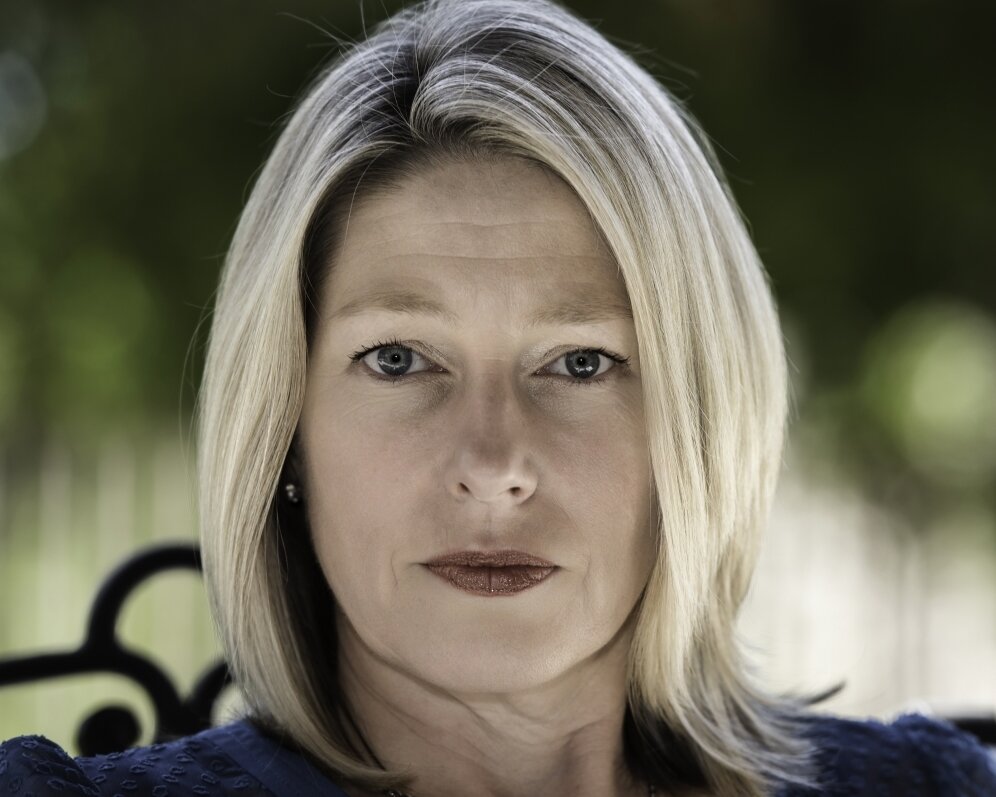 Patricia Colleen Murphy
Patricia Colleen Murphy
If genuine healing from a difficult and traumatic past takes place in the soul and subconscious (and not the support of the world around us), it would seem that Patricia Colleen Murphy has dedicated her path in poetry to exactly that, lifting others up the whole way. The founding editor of Superstition Review at Arizona State University won the May Swenson Poetry Award for her book Hemming Flames, a copy of which she sent to me on my request. I was opened completely by the book's rawness, an admixture of crushingly difficult memories paired with the complexities of hard-won wisdom. Here is a poet moving personal and confessional writing forward with unflinching earnestness, all the while nurturing and promoting writers into their own humanity and resilience. In every way she strikes me as such a model for writers, from her poem's empathic resonances to the way she lives her life. — HLJ
===
Melanie, the Siamese,
on the front porch with baby me.
In pictures, the two of us
are almost the same size.
Later my mother
bought Persians, bred them,
used the money for jewelry,
cigarettes, Drambouie.
The first time a litter came
she sent me searching the house
to find and clean the afterbirth.
I found the babies limp,
smothered in their sleep.
Only twenty more miles.
I am 15. My uncle is driving.
My mother has fled again in her
Oldsmobile, heading for Palo Alto.
We were fighting. She took
all the pills she could find.
My uncle sighs, repeats that
his mother died giving birth to him.
One tenth her weight, he came
screaming from her pelvis on the
coldest Minnesota day in history.
The freeway slips under us like night.
From here I think the hills are
impoverished sisters huddled for warmth
under green mohair blankets.
Seventeen of them: stomach to knee,
buttock to backbone.
We glide past their ankles.
Once I dreamt I was nine months pregnant.
When I went to the bathroom
the baby slipped out like a miraculous
bowel movement. She had blond hair,
and a T-shirt that said French Countryside.
A neighbor saw the birth through the window.
He smiled, continued mowing the back field,
and I hung a bell.


